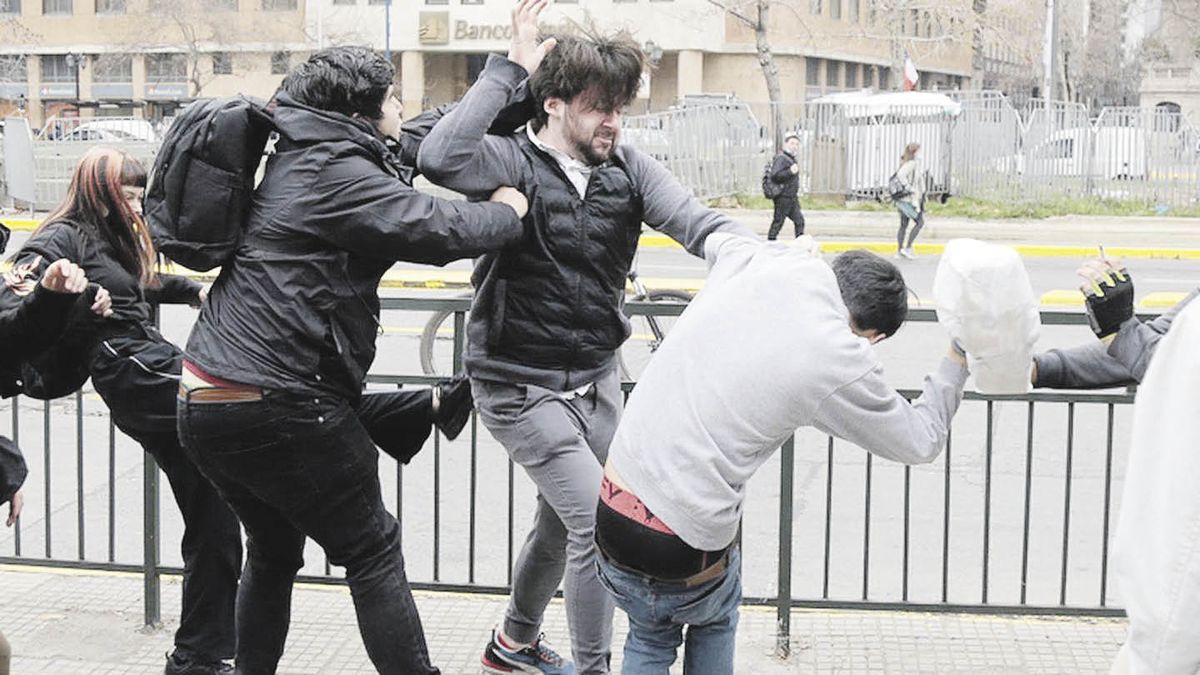The new proposal guarantees social rights claimed for years in the streets of Chile but contains modifications whose scope generates deep divisions among economists.
It seeks “to continue deepening the change towards a welfare state, although in these years of return to democracy there have been many changes that have aimed at that in the main,” says Cristian Echeverría, director of the Center for Economic and Business Studies at the Development University.
Search
“What we are doing is looking for a text that unites us, claiming what the developed countries did a long time ago, which is the constitutional state of rights,” said Nicolás Eyzaguirre, former minister of the center-left governments and former director of the International Monetary Fund. (IMF), in statements to Radio Cooperativa.
The original version of the Constitution drafted during the dictatorship in 1980, did not establish bank or business regulation; it contained low tax rates and almost no environmental regulation or free competition.
The previous Ha, vetoed from two weeks before the election, indicate an advantage of the rejection option. The proposal, drafted for a year by a constitutional convention, establishes a “social state of rights”, with a state and universal system of health and education, and the end of private administrators of pension funds.
The new text restores the effective right to strike, decentralizes the State and establishes the payment of a “fair price” for expropriations. It maintains the autonomy of the Central Bank and ends with property rights over water granted in perpetuity in the current Constitution.
In mining, the nationalization of the large copper deposits is not planned, a metal of which Chile is its main world producer with almost a third of the global supply. The country is also a major player in lithium extraction.
“Economically, there is no exocet (missile) or something that destroys it, but several things that erode it,” says the economist at the University of Chile, Joseph Ramos.
“It is a poor proposal. There is nothing in it that is to improve productivity. There is an almost exclusive emphasis on social but not economic issues,” she adds.
The text maintains the free market economy but, in addition to the social aspect, adds greater emphasis to protecting the environment. “A Constitution concerned about the environment will probably force us to have a less extractivist economy and that implies developing other areas and investing in science and technology,” says feminist lawyer Gloria Maira, criticizing today’s strong dependence on mining.
The new proposal runs parallel to the series of reforms promoted by the government of the leftist Gabriel Boric, who took office last March to replace the conservative Sebastián Piñera (2018-2022).
Boric, who calmed the waters by appointing the former president of the Central Bank, Mario Marcel, to the Treasury, promotes the introduction of a new mining royalty and a reform of the private pension system that currently grants a majority of pensions below of the minimum wage ($420).
Financing
To finance the reforms, Boric proposed a tax adjustment that seeks to collect almost 4% of GDP, at a time when the Chilean economy begins a phase of slowdown and faces high inflation (13% per year).
“In the tax reform, what we aspire to is to be able to collect more, thinking in the long term, in order to build a State that guarantees universal social rights that allow us to generate a more cohesive country, where the place where you were born does not determine so The place where you are going to die is important,” said Boric on Tuesday night, speaking before mining businessmen.
If the new Constitution is approved, Congress – today almost 50% divided into right and left political forces – must pass laws that enable the implementation of the new social rights.
“Poetry is confused with reality. These social rights are going to give rise to a lot of frustration because obviously there are not the resources for that”, warns Joseph Ramos.
Source: Ambito
David William is a talented author who has made a name for himself in the world of writing. He is a professional author who writes on a wide range of topics, from general interest to opinion news. David is currently working as a writer at 24 hours worlds where he brings his unique perspective and in-depth research to his articles, making them both informative and engaging.




